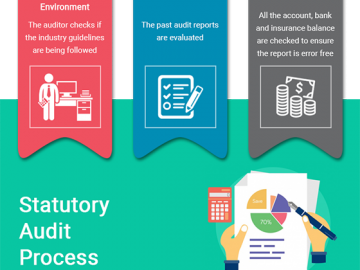
Managing Risk of Internal Audit

While working on a SOX compliance internal audit report, auditors have a big responsibility to assess shortcomings and risks. This goes the same for any ISO compliance audit, including external ISO audit, and BCBS internal audit. Internal audit is a much more complicated process because it involves objectively assessing the risks and operations, how they are governed, how functions take place etc.
Internal audit outsourcing and co sourcing is a generally preferred method in some companies, because having an internal auditor on the company payroll somehow is less beneficial than once in a while internal audit done by financial firms or auditing consultants. Internal audit of IT company along with many others is fragile and needs to be direct and on time, otherwise there are certain risks associated with the task itself, if not done properly. This cannot be pushed solely on the auditor as the auditing procedure and reporting can be outdated too, but let’s have a look at the risks associated with internal auditing not done right:
- Focusing more on past mistakes than future opportunities:
Many a times, precious company resources are used to evaluate past mistakes to learn from them and not make the same mistakes again, but, auditing is a job to assess risks for the company in terms of how to move forward with its operations and how to optimally use its resources. Therefore, focusing on the future is what matters more.
- Auditing worthless risks:
Delivering what really matters to the top board and executives is what should be kept in mind during this whole process. But it is often forgotten and set aside in exchange of lesser risks that are assumed to harm the business units. The main thing to focus usually loses its place, in layman terms.
- Division in monitoring processes:
Having a centralized approach to monitoring the procedures on behalf of the company being audited. This is highly important so that the application and rectification after the analysis and assessment get carried out properly, and timely.
- Communication failure:
Not delivering an important analysis of a business function that might be helpful to the company in that certain period of time is a waste of resources and efforts that took to actually work on that specific task. Communication is a tricky part to take care of in many companies and it holds back the collective productivity. Therefore, it is important to make sure timely assessments are done and reported.
- Failing to evaluate the intensity of risks:
Sometimes when firms or consultants don’t have enough experience dealing with issues that concern complicated evaluations, they fail to assess the real intensity of a pressing risk that might harm or hinder a company’s operations. Whether the failure results in affecting any functional procedure or a decision based on financial analysis, it costs the company in question because in the end it’s the top board that gets affected most.































